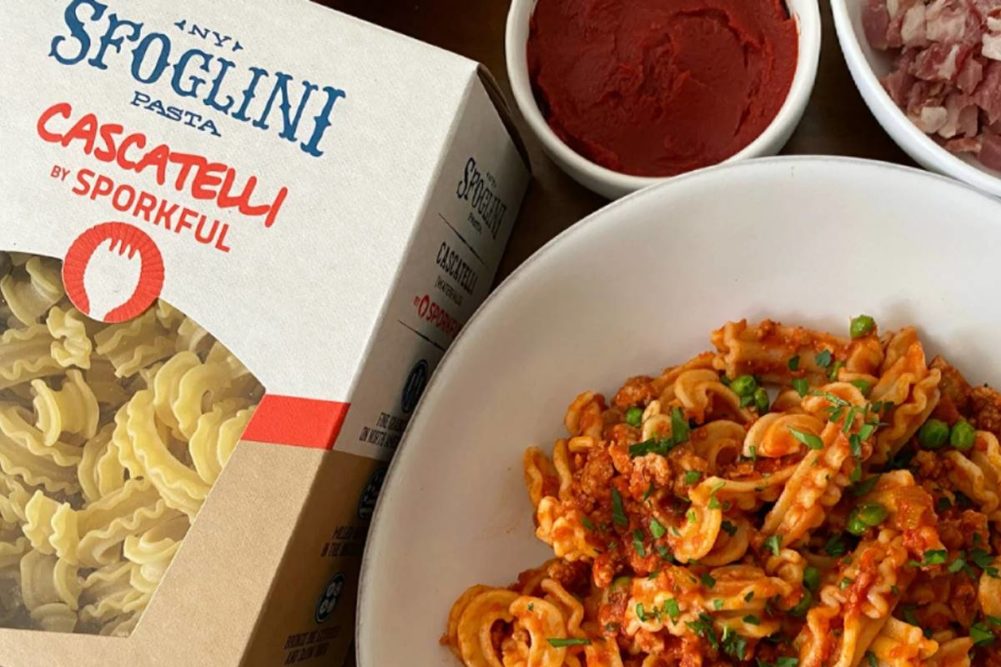FARGO, ND. — Intriguing flavors and innovative shapes could ignite consumer interest in noodles, pasta and rice, said Melanie Bartelme, associate director of Mintel’s food and drink division, in a Sept. 14 webinar put on by the Fargo-based Northern Crops Institute. Health promotions like high in fiber and low glycemic could convince consumers to eat the items more regularly, too.
A Mintel survey fielded in April found 63% of US consumers said they had eaten dry pasta over the previous three months, which was down from 70% in April 2019. Inflation and instability in the supply chain will affect how consumers think about pasta, rice and noodles, making it more difficult for food manufacturers to convince consumers their branded products are worth a higher price, Ms. Bartelme said.
Flavor innovation might help as 77% of US consumers who eat pasta and noodles said they were interested in trying new varieties, according to Mintel, and 73% of US consumers who eat rice said flavored rice makes a dish more special than plain rice. Ms. Bartelme gave the example of West African jollof rice. In China, slow-cooked duck is used in broth paired with vermicelli.
“We see flavor really being this opportunity to take consumers out of the stress of the day and give them that moment of delight and adrenaline and happiness that comes with flavors,” she said.
Shapes are another area for innovation. Sfoglini cascatelli, a new pasta shape, is designed to adhere to the sauce. The shape also makes it easier to pick up with a fork.
“It’s not going to be a one-size-fits-all message on how brands demonstrate their different attributes,” Ms. Bartelme said. “It’s going to make sense for what that product is and how we’re setting it apart. For instance, in instant noodles, it might be about the base or the ingredients that go into the broth or the extra foil packet that comes with it. It might be about the regionality of where the ingredients are sourced from. There is a lot of interest in pairing the right rice with the right dishes.”
Health benefits may differentiate products. Forty percent of US consumers who eat pasta and noodles said the products are too indulgent to eat regularly.
“The good news here is that for those consumers who already are active in the pasta and noodles category, they already associate these products with providing that sense of fullness,” Ms. Bartelme said. “So the opportunity here is to keep pushing that message.”
Fiber provides that fullness. Ms. Bartelme mentioned Goodles pasta made with a high-fiber flour to provide 6 grams of prebiotic fiber per serving along with 14 grams of protein. The product comes in different flavor varieties, including cacio e pepe. Low-glycemic pasta, noodles and rice, although still a niche claim, could appeal to the increasing number of consumers who monitor their blood sugar levels, Ms. Bartelme said. Asian companies have launched noodles that are baked, not fried, and other noodles with higher protein levels.
Pasta, noodles and rice remain comfort foods that give consumers a sense of nostalgia, Ms. Bartelme said.
“Sometimes you just want blue box macaroni and cheese,” she said.





